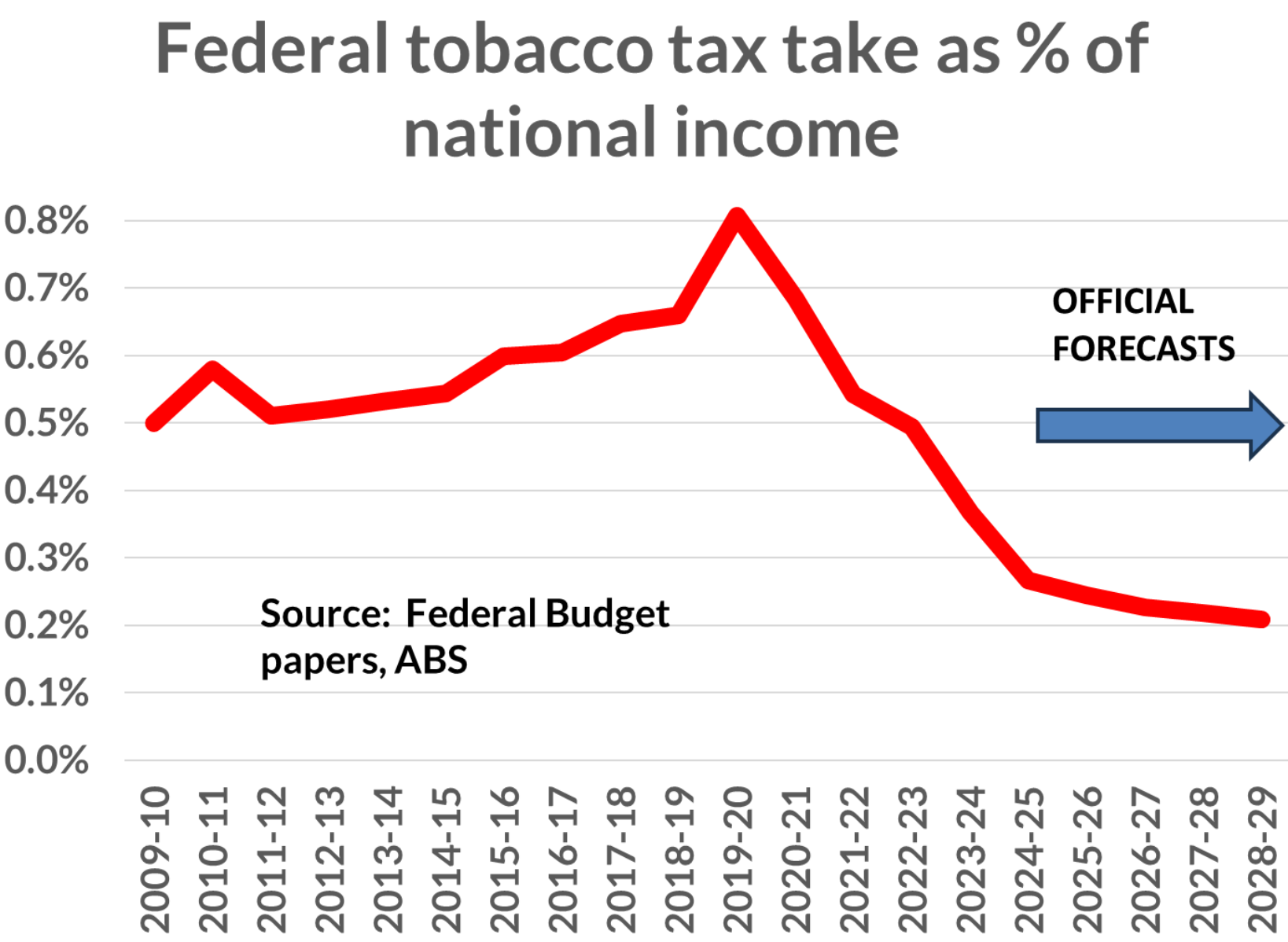The market share of Australia’s illegal tobacco trade is estimated to have risen from 29.6% in 2023 to 61% in 2025, according to tobacco industry sources.
The growing cost of firebombings and ram-raids targeting tobacconists is reflected in the rising cost of premiums in the retailer sector.
Master Grocers Australia’s CEO Martin Stirling notes that some of its members have reported big insurance rises because their store is located near a tobacco retailer.
“It’s a devastating increase, particularly for small family-owned businesses that are already struggling with the costs of business”, Stirling said.
“The last thing they need is insurance premium increases through no fault of their own”.
Stirling adds that some supermarkets are having their coverage declined and are forced to find a new insurer with higher premiums.
“I’ve spoken to a retailer … the IGA in Callala Bay in NSW”, he said. “When they came up to renew their insurance, initially they were declined coverage, and that was on the basis that there is a tobacco store in that little shopping complex, and the risk profile is just too great to provide insurance coverage”.
“And so what they did, of course, is they went to other insurers, and eventually did manage to obtain coverage. But I’m told that additional increase they’ve had to face after having those discussions with the insurer is a 54% increase on their costs, which is astronomical for a small business that doesn’t have the support of a of a big corporate distribution network like Coles and Woolworths”.
Home Affairs Minister Tony Burke has advised that the federal government will establish an Illicit Tobacco National Disruption Group to combat the nation’s growing black market for tobacco products.
The initiative will be led by the Australian Border Force and draw upon the resources of multiple federal agencies, as well as state and territory agencies.
Burke described the strategy as a “new era in tobacco enforcement”, adding that the disruption group’s investigations will aim to eliminate profit incentives by making the black market unsustainable for illegal operators.
Has there ever been a bigger policy failure than Australia’s tobacco taxation?
The duty on a packet of 20 cigarettes has risen from $10.62 in 2015 to $28.06 today. However, instead of raising federal budget revenues and dissuading smoking, budget revenue has collapsed, smoking rates have risen, and the illegal black market has flourished.

Source: Chris Richardson
Independent economist Chris Richardson estimates that had Australia raised the same share of national income as in 2019-20, the federal budget would receive $69 billion more from tobacco excise over the current four years of forward estimates—i.e., $16 billion this year, rising to $19 billion in 2028-29.
“The lost dollars are devastating”, Richardson concluded.
The consequences of the policy failure are obvious:
- The health of Australians has worsened by making smoking cheaper than before.
- The black market is costing Treasury tens of billions of dollars in lost revenue.
- The black market has fueled organised crime.
The situation is akin to the 1930s alcohol prohibition era in the United States.
While the newly announced Illicit Tobacco National Disruption Group may help by better policing the illegal market, it needs to be accompanied by a substantial reduction in tobacco excises.
We must make legal tobacco purchases competitive with illicit tobacco.

